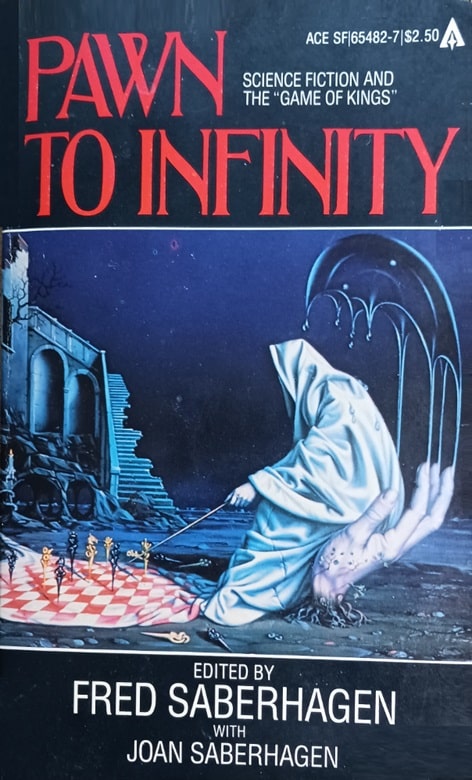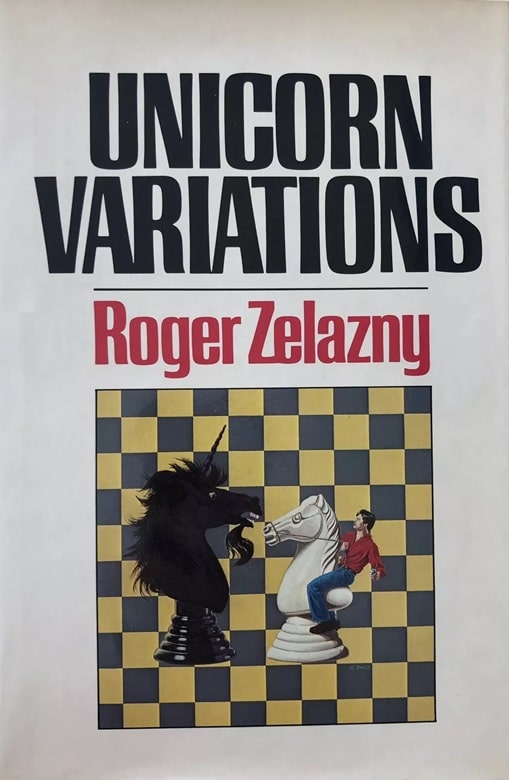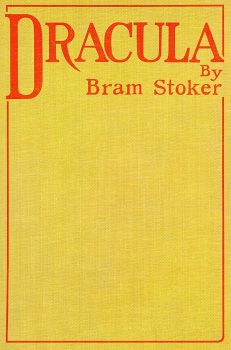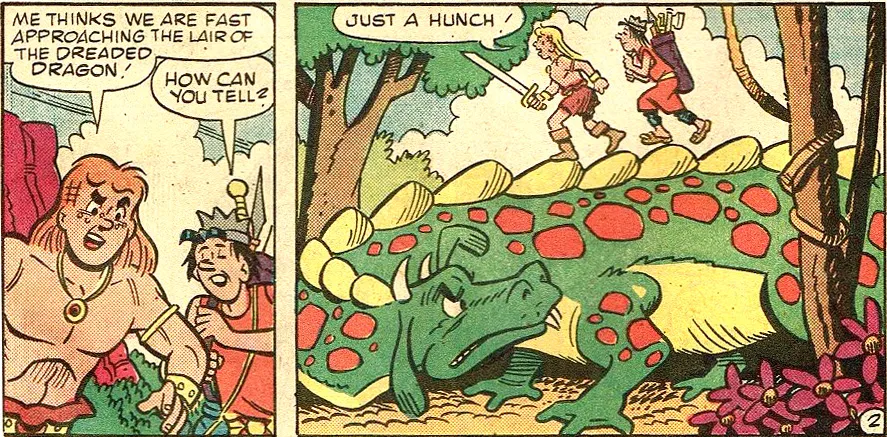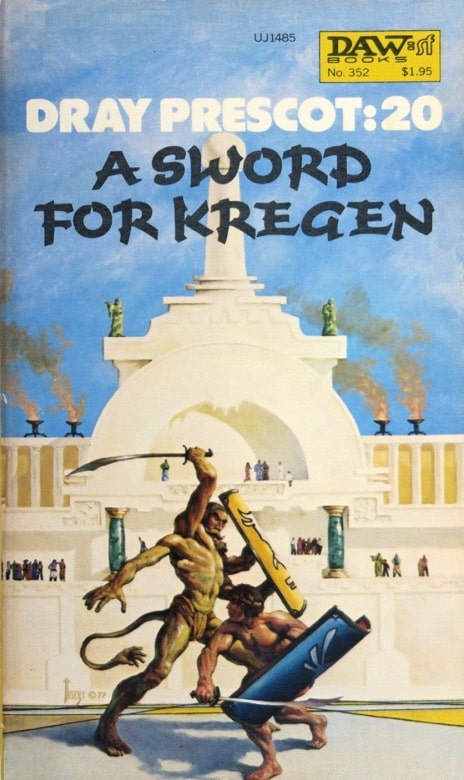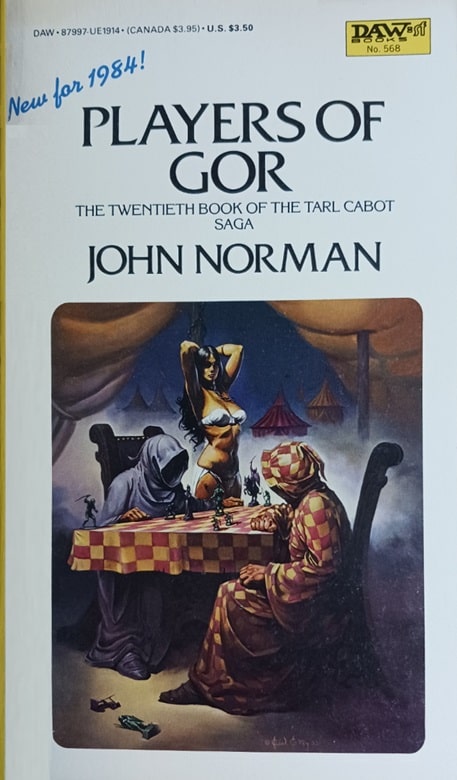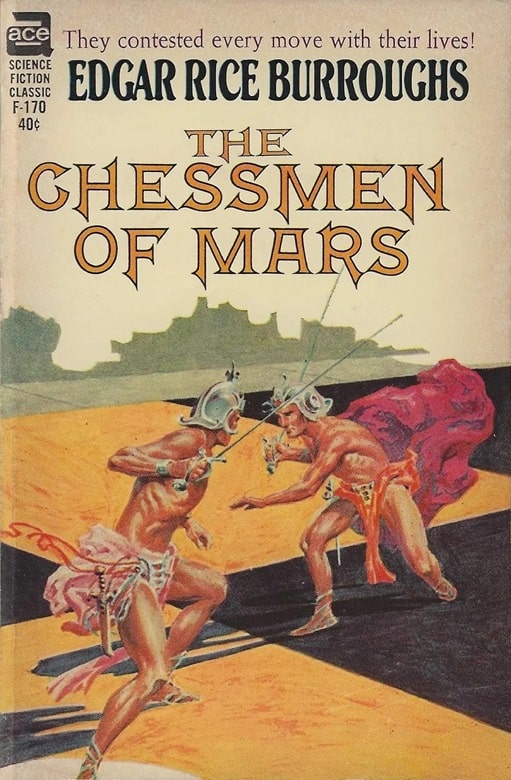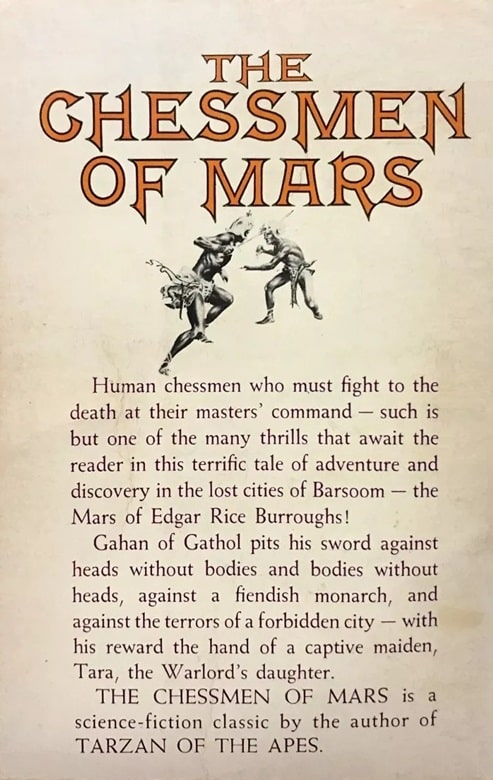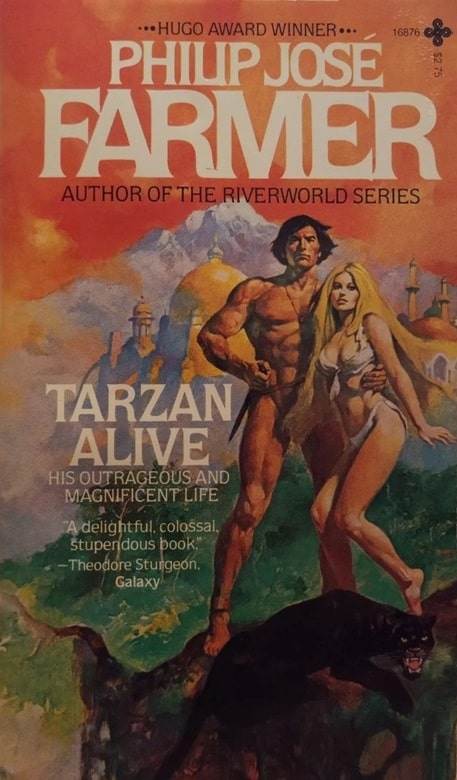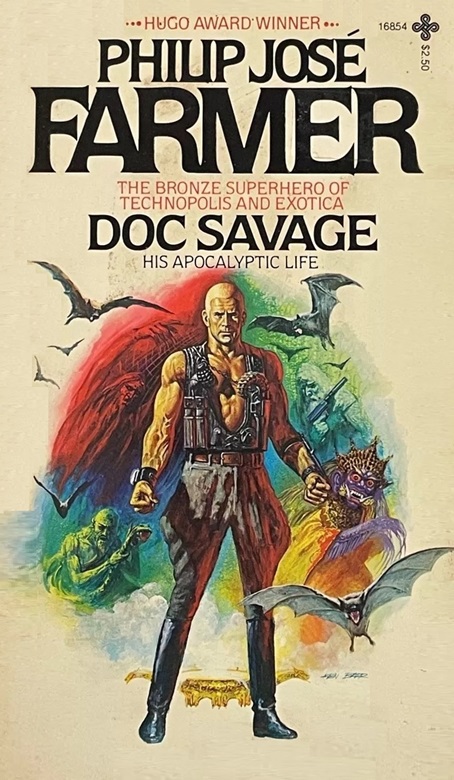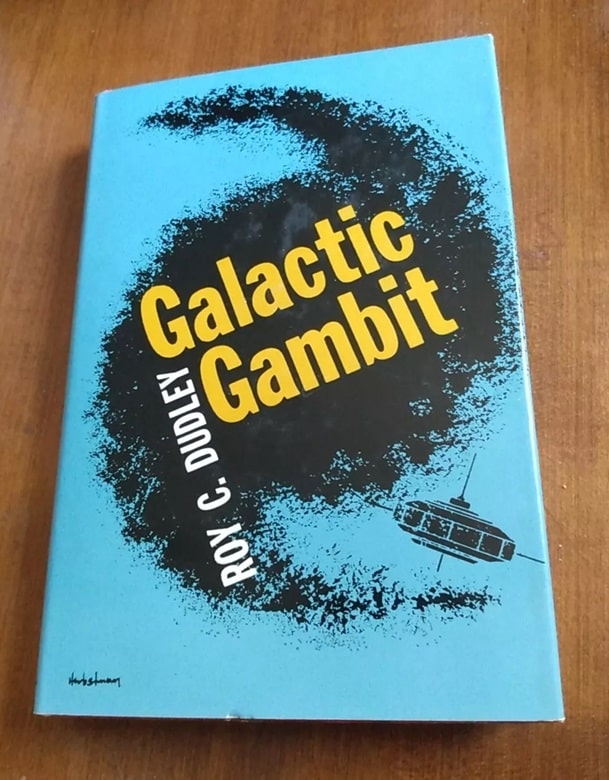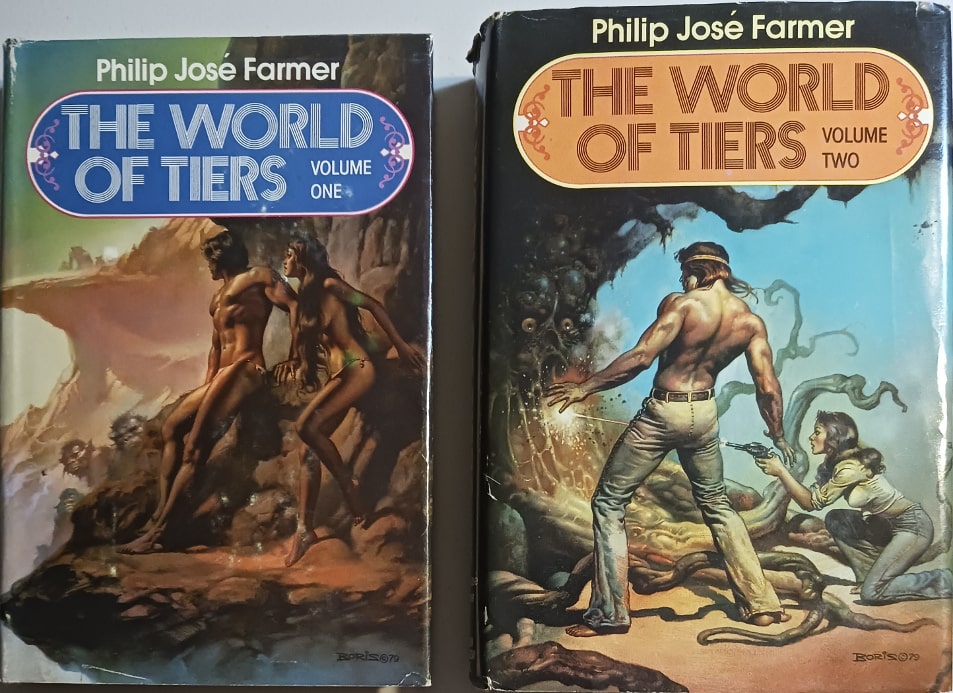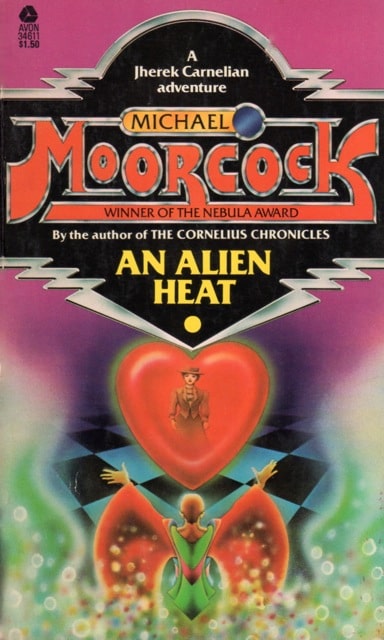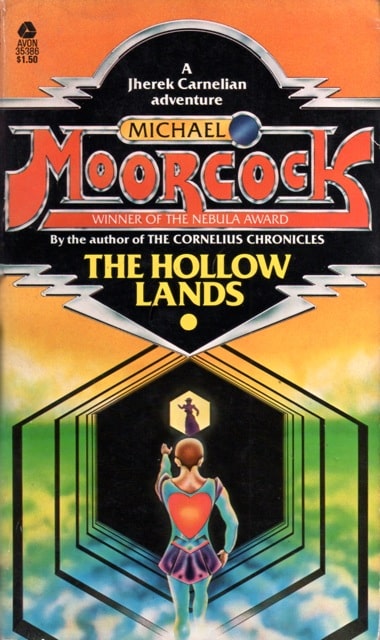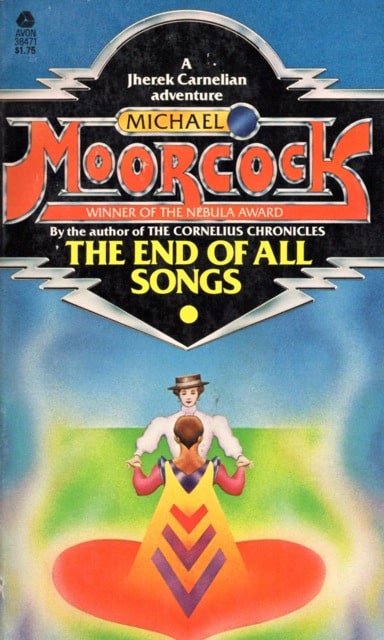Gothic Noir: The Shadow of the Wind by Carlos Ruiz Zafón
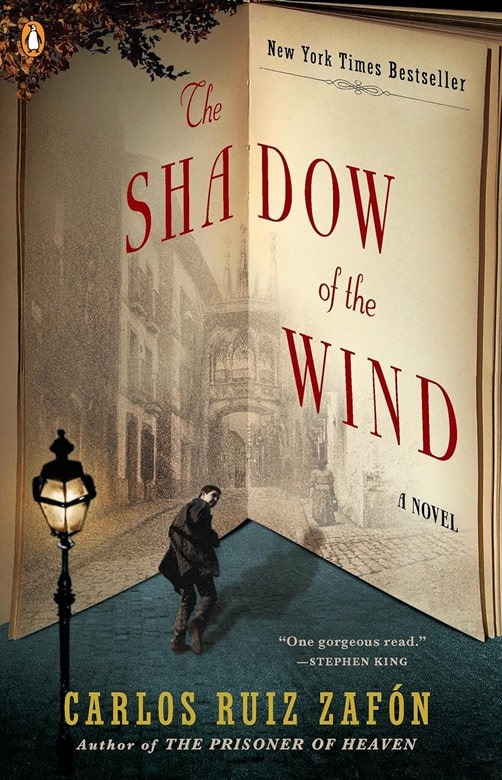 |
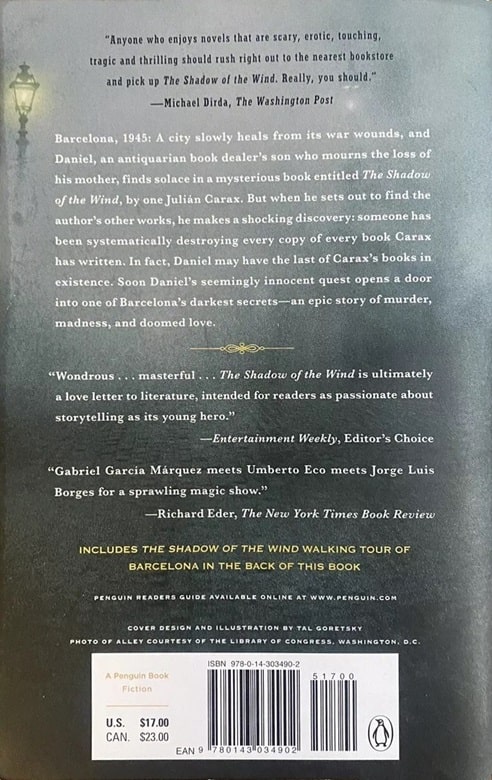 |
The Shadow of the Wind (Penguin Books, February 1, 2005). Cover by Tal Goretsky
Shadow of the Wind is the English rendering of La sombra del viento, the 2001 novel by Carlos Ruiz Zafón and the first (though a standalone story sans cliffhangers) in his five book Cemetery of Forgotten Books series, translated by Lucia Graves (a serendipitously appropriate last name and, as it happens, the daughter of poet and historical novelist Robert Graves, he of I Claudius and The White Goddess fame). I hope this is a literal translation as Shadow of the Wind perfectly captures the story’s gothic and noirish essence. We can’t actually see wind, nor does wind cast a shadow; rather we feel the wind, detecting by inference the sometimes destructive aftereffects of high winds. Or, to paraphrase as someone else famously put it, the allegory is blowing in the wind.
The titular Cemetery of Forgotten Books is a somewhat fantastical labyrinth repository of rare books. Unlike Julia Alvarez’s Cemetery of Untold Stories, where texts are buried and talk to one another in their afterlife, the Cemetery of Forgotten Books could be some idiosyncratic bookshop with obsessively weird stock accessible only to certain people, which is not that all different from certain kinds of booksellers.
But the touch of fantasy is when our hero, Daniel Sempere, taken to the Cemetery of Forgotten Books by his bookshop owning father, is tasked to select one volume, and one volume only, he feels drawn to from among a complex maze of shelvings. That book is Shadows of the Wind by Julian Carax, and, yes, we’re getting metafictional here. What kicks the plot off is that there are no other surviving copies of the work, Carax’s output having been destroyed in a warehouse fire of mysterious origins.
